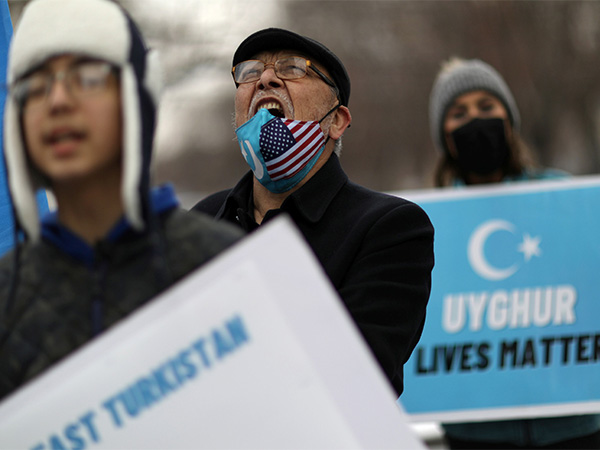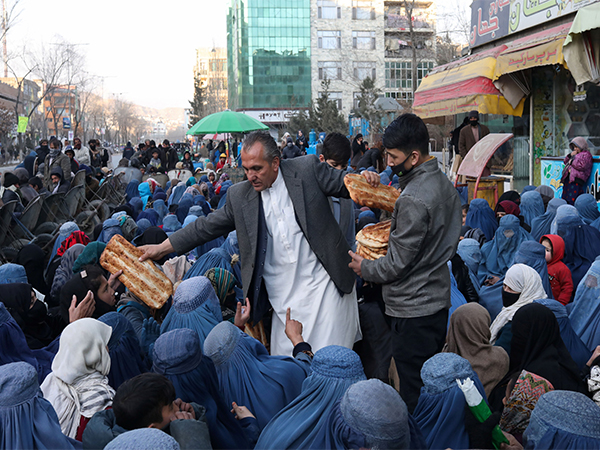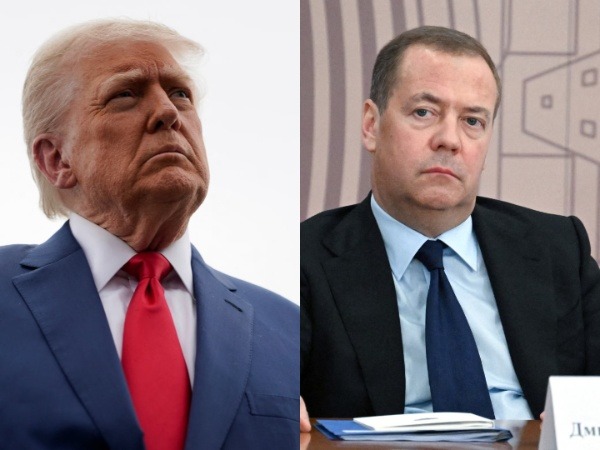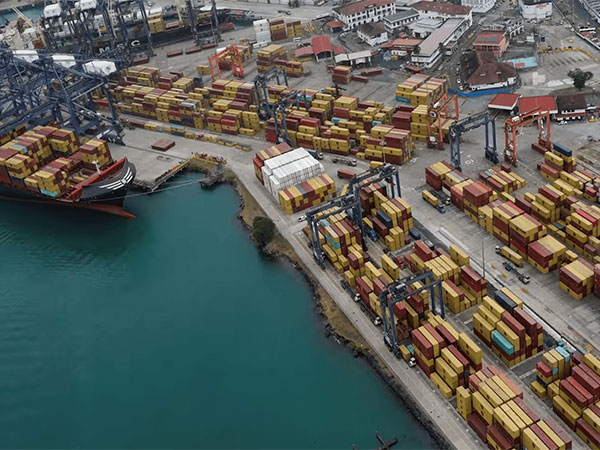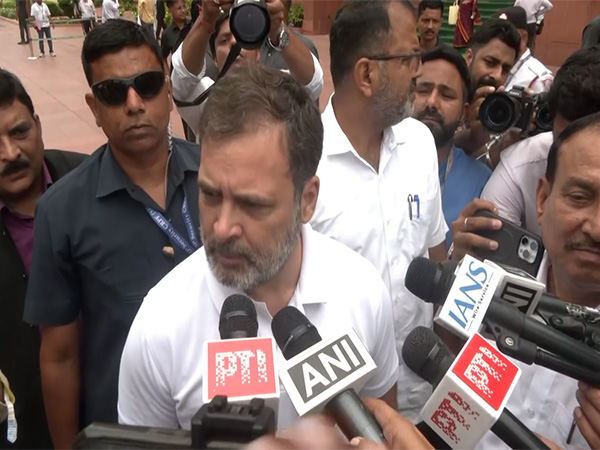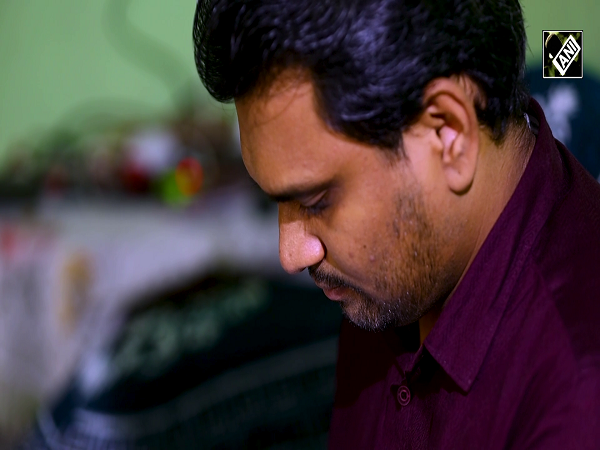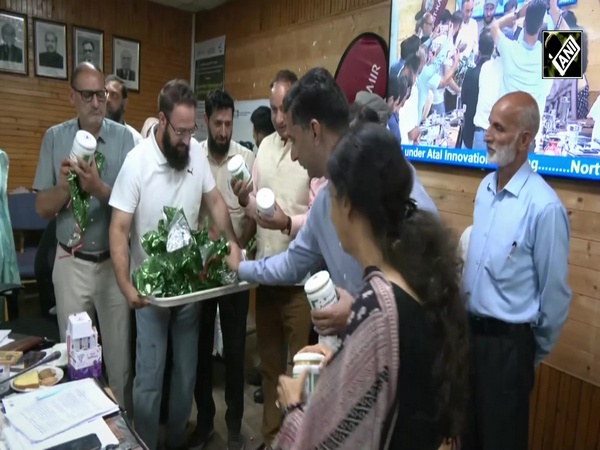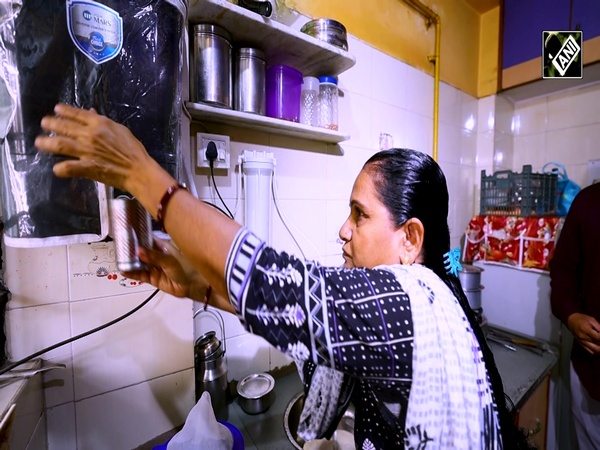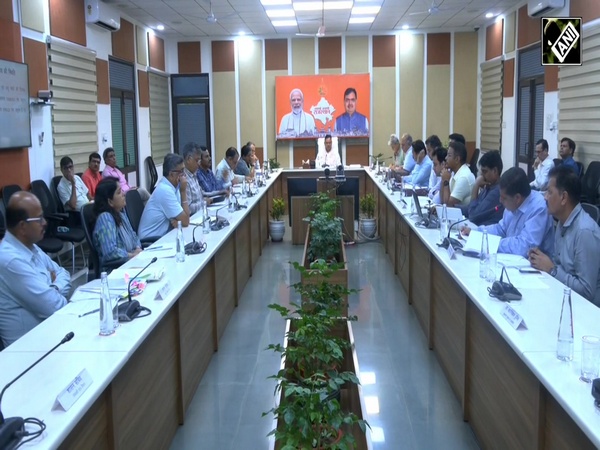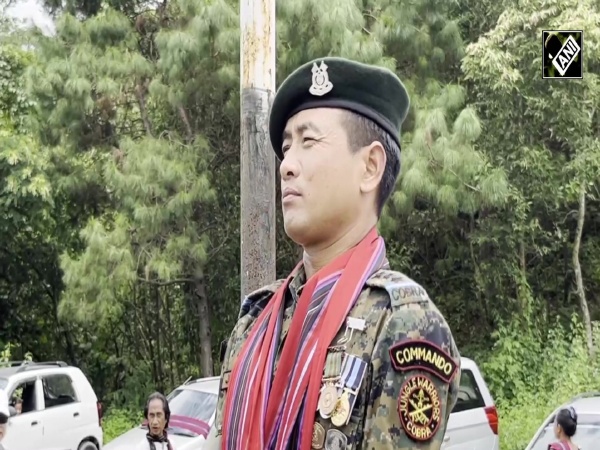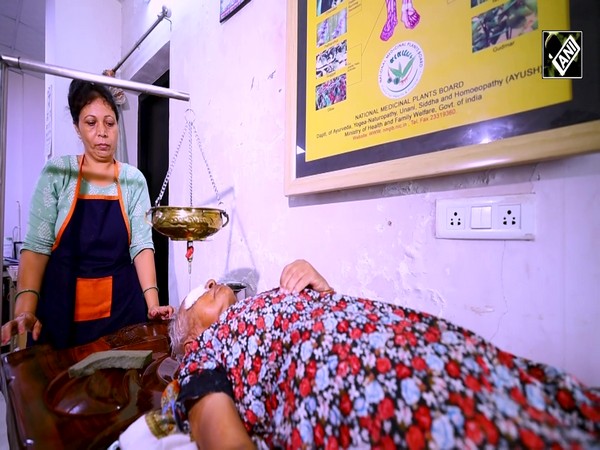China's inadequate response to unprecedented crisis disappoints Sri Lanka
Apr 28, 2022

Colombo [Sri Lanka], April 28 : Chinese Premier Li Keqiang last week told Sri Lankan Prime Minister Mahinda Rajapaksa that Beijing is ready to play a constructive role in the island nation's socio-economic development and it empathizes with Sri Lanka for the difficulties and challenges facing the South Asian country.
In a phone call with Sri Lankan PM, the Chinese Premier said Beijing is ready to consolidate political mutual trust with Sri Lanka, strengthen solidarity and push for sound and stable development of bilateral relations.
Noting that China empathizes with Sri Lanka for the difficulties and challenges facing the South Asian country, Li said that China is ready to provide much-needed livelihood assistance for Sri Lanka within its capacity.
This phone call came after China International Development Cooperation Agency (CIDCA) pledged an urgent emergency humanitarian aid of RMB 200 million to Sri Lanka. Although China extended humanitarian assistance, it refused to restructure the debt of the island nation.
According to True Ceylon, China's offer of assistance to bail out Colombo from its current economic crisis is widely seen as inadequate.
Earlier, Sri Lanka had requested China for financial assistance and restructuring of its debt owed to China, which constitutes about 10 per cent of its total external debt burden.
But China reportedly said they were having a hard time processing Colombo's request due to "severe challenges and complications" from the unilateral announcement of debt repayment suspension by Sri Lanka.
Many Sri Lankans view that the Chinese muted response amid the unprecedented crisis amounts to humiliation.
Sri Lanka is facing one of its worst economic crises resulting in widespread protests against the Rajapaksa family leaders, including President Gotabaya Rajapaksa and PM Mahinda Rajapaksa.
The recession is attributed to foreign exchange shortages caused by a fall in tourism during the COVID-19 pandemic, as well as reckless economic policies, which have resulted in the country being unable to buy enough fuel, and people facing an acute scarcity of food and basic necessities, heating fuel, and gas.
